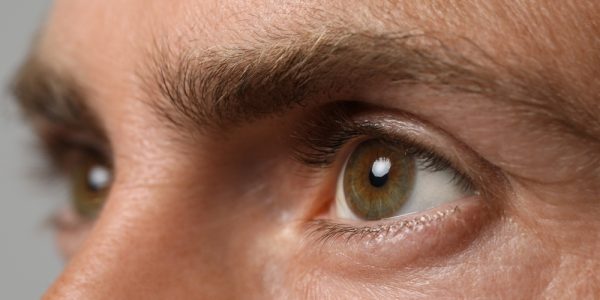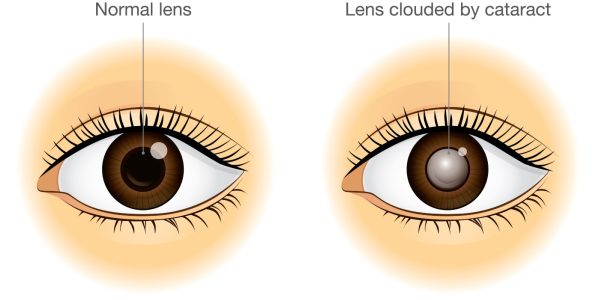
However, there are some general indications that it might be an appropriate time to pursue cataract surgery. Mark Mandel, MD, of Optima Eye discusses more in this post.
When Cataracts Diminish Your Quality of Life
The most important sign that it is time to have cataract surgery is when cataracts start to affect your quality of life. In the early stages of cataracts, they may not interfere much with your vision or your lifestyle.
However, as cataracts progressively get worse, they may prevent you from being able to perform and/or enjoy many of your daily activities. Here are a few examples of what could happen:
- Nearly your entire field of vision is cloudy or blurred.
- You have double vision that affects your balance and driving.
- You have had a fall or gotten into a car accident because of double vision.
- You have significant glare when driving at night.
- Colors are dull and hard to discern.
- You have difficulty reading or watching television, or no longer enjoy these activities.
- You no longer enjoy hobbies like knitting, crocheting or playing cards.
- You have a hard time seeing people’s faces.
- You feel less productive because of your cataracts.
- You feel less active because of your cataracts.
- As a result of these symptoms, you start to withdraw and isolate yourself from others.
If you relate to any of these scenarios, it’s probably time to discuss cataract surgery with a trusted surgeon.
When You Have Ample Support during Recovery
Cataract surgery is performed on an outpatient basis and the recovery is usually fairly short. However, you will need someone to drive you home from the surgery and assist you with daily activities for one or two days after the procedure. The surgical team will not release you to a cab or Uber driver. It’s best to postpone surgery until you can recruit a family member, friend or a short-term health aide to help you during recovery.
If you have been diagnosed with cataracts — or you are experiencing symptoms of cataracts — and want to discuss treatment with a trusted cataract surgeon, please contact Optima Eye today. We can schedule a consultation for you to meet Mark Mandel, MD, and discuss your options.
To schedule a one-on-one appointment with Optima Eye, please call 510-886-3937 today.


